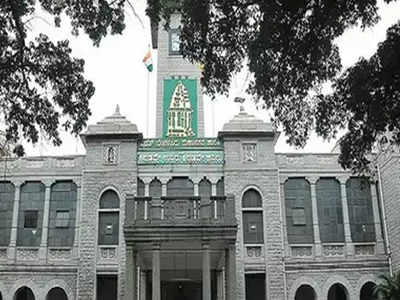The Hindu 14.12.2013
High Court puts BDA to work over the weekend to verify details of illegal structures
Noticing the failure of the official machinery in
preventing unauthorised constructions around the Tippagondanahalli (T.G.
Halli) reservoir catchment area, the Karnataka High Court on Friday
directed Bangalore Development Authority (BDA) officials to work on
three consecutive days, including two holidays, to verify details of
unauthorised structures in 23 villages.
These
villages fall under zone 3 of the catchment area, comprising areas
within a kilometre from the banks of Arkavati and Kumudavati rivers.
The
court directed the BDA Commissioner to constitute 23 teams to visit
these villages over the weekend and on Monday, and submit a report on
December 17.
It made it clear that team leaders would
be accountable if even a single unauthorised structure is left out of
the verification process.
Justice A.N. Venugopala
Gowda passed the interim order while hearing petitions filed by owners
of some industrial units and godowns in zone 3, questioning the notices
issued by the BDA for demolishing the structures.
‘Purpose defeated’
Interestingly,
a report submitted by the government indicated that as against the 34
industrial units that existed in zone 3 before the categorisation was
notified on November 18, 2003, around 137 units were found after
notification, although this was prohibited. “This reflects very poorly
on the administration and the law enforcing agencies. The very purpose
of issuing notification, to protect catchment area by from prohibiting
industries, sought to be defeated,” the court observed.
Public notice
The
court appreciated the suggestion made on behalf of the BDA that a
public notice would be issued in newspapers to draw the attention of
owners of all unauthorised structures to the matter, instead of issuing
individual notice to owners.
“Are you so helpless?
Don’t you have men and machinery? This court is at a loss to understand
as to what is the difficulty for the BDA to [serve] notices on such
properties,” the High Court added.

